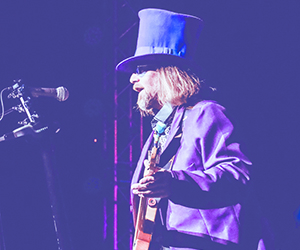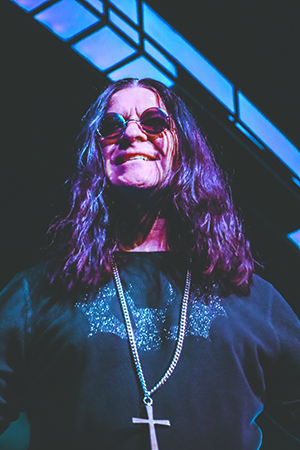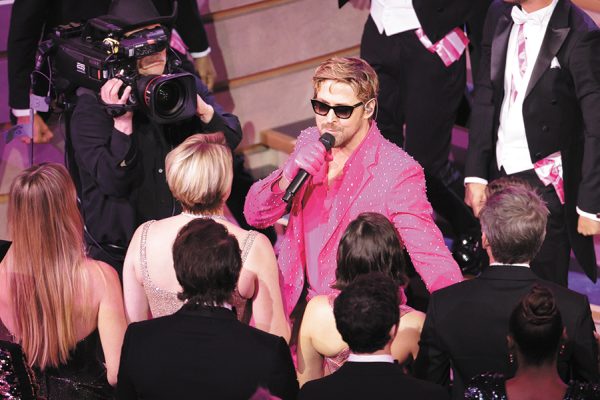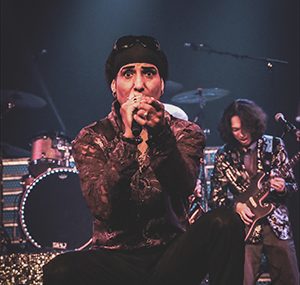Former Clarion editor Jeremy Scahill takes to big screen
August 26, 2013
“Everything you don’t hear about these forces,” is the first statement you hear about a political themed film, “Dirty Wars,” before entering the theater room. This quote came from Jeremy Scahill, the lead actor, narrator, and writer of the documentary. Scahill spent several years observing the war in Afghanistan before this film was completed.
“Dirty Wars” is a documentary about an investigative journalist, who keeps a film journal of his studies and travels through Afghanistan, Yemen, and Somalia. Not only was Scahill seeking answers about the war, but he also did some research on the several night raids that occurred, as well as seeking answers behind the assassination of Anwar al-Awlaki, an American citizen who got involved with some al-Qaeda terrorist operations.
Several portions of this film were based on some of the content from Scahill’s book “Dirty Wars: The World is a Battlefield.” The film also intriguingly explores the unfortunate truth of the U.S. government’s constant need to hide important information from the American people; it explores the possibility that the news might sometimes only give its people a fraction of the truth about the war.
“Dirty Wars” will always be known for its informative content, and its strong stance on its political beliefs. The film also successfully depicts the perspectives of what the children feel in these countries as the war continues, and really gives the film a sense of tragedy.
The film also shows some top secret photos of hidden White House activity that went on underneath all the sugar-coating that sometimes happens with the press – so the government doesn’t have to worry about injecting fear into the public eye.
Though many might get what they want from this film, both in an informational and a political sense, there are quite a few flaws in this film that might prevent it from being an all-American documentary classic. The first being that some of the interview camera angles were poorly framed and positioned for the camera. It’s important that the viewer gets the impression that the person being interviewed has some form of head and shoulders, and isn’t a floating head.
This film is also politically heavy, so those who were expecting a third-party friendly approach to these journalistic chronicles might feel a little left out. The original rough cut of this film was almost four hours, which might explain the lack of details for some of these lesser known organizations that the film tends to talk about a lot.
For those in need of a documentary that isn’t afraid to tell the truth on hidden information on the long-going war, and on some of the acts of al-Qaeda over the past few years, this documentary might be the perfect fit for expanding one’s political knowledge. For those who aren’t big into politics, this might be a better rental.
Editor’s note: Scahill attended Madison College is a former writer and editor of The Clarion.









